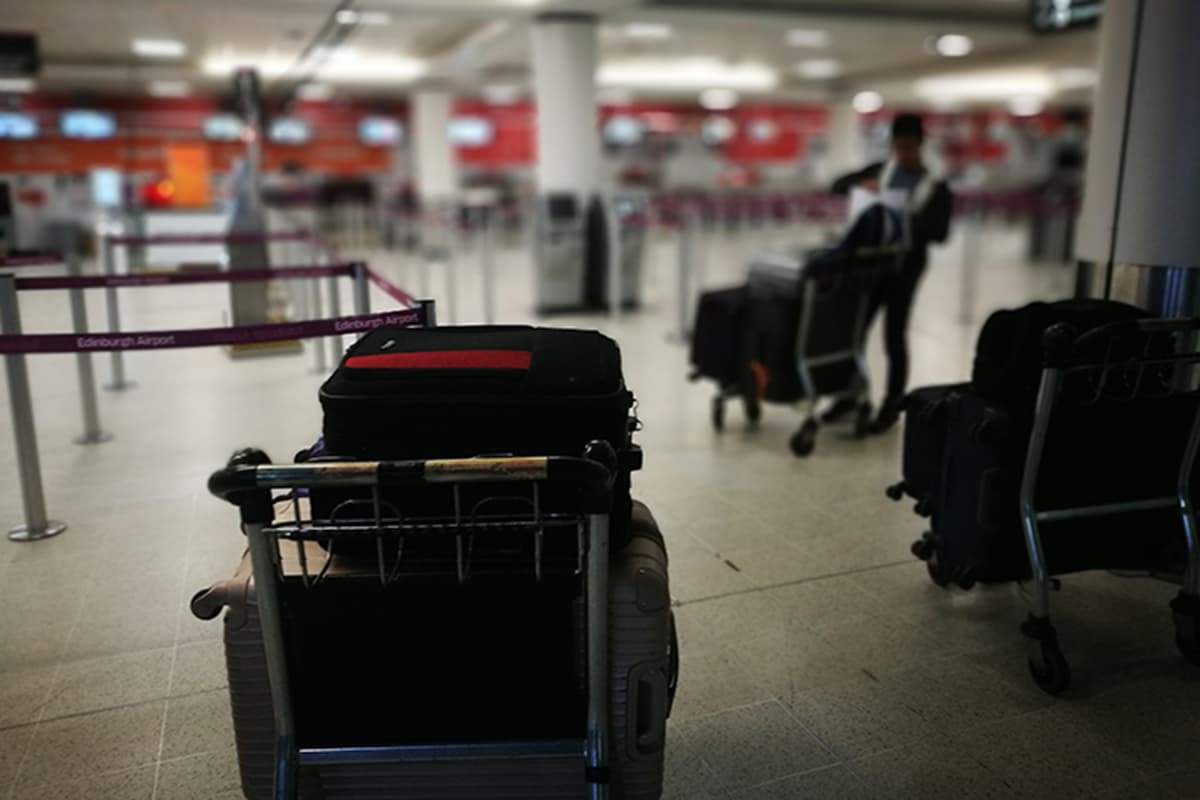
KUALA LUMPUR (July 20): Hong Leong Investment Bank (HLIB) Research sees tough times persisting for the aviation sector due to the Covid-19 pandemic, and has maintained its "underweight" rating for the sector and "sell" call for AirAsia Group Bhd (AAG) and Malaysia Airports Holdings Bhd (MAHB).
In a note today, HLIB Research analyst Daniel Wong said the outbreak of Covid-19 had severely affected global demand for air travel as countries implemented social distancing measures, lockdowns and closed borders, resulting in significant restraint on travel plans.
“Based on MAHB statistics, passenger traffic dropped drastically in 2Q20 (second quarter of 2020). Like many other countries, the Malaysian government has only allowed domestic air travel for now as the control of Covid-19 has achieved satisfactory status,” he said, adding that the government is still evaluating whether to open up international travel due to risk of imported cases.
Wong highlighted a decline of 47.8% year-on-year (y-o-y) in passenger traffic in 2020, and expects a rebound of 63.2% y-o-y (due to a low base) in 2021. However, he only expects a full recovery in 2022, where passenger numbers will return to pre-Covid-19 levels.
He also said a lower international mix among travellers means airlines and airport operators will lose out as international travel commands higher spending power and provides better margins, while now only domestic travel is allowed with little limitations.
“Currently, governments are still in negotiations to allow flights (international travel) between countries, depending on the severity of Covid-19 in respective countries,” he said, adding that many regional countries like India and Indonesia are still recording increasing new cases of Covid-19.
The uncertainty regarding the Regulatory Asset Base (RAB) framework, initially targeted for implementation on Jan 1, also dampens the aviation outlook, Wong said.
“We expect further postponement of the implementation as the RAB raises the effective passenger tariff charges continuously.
“Without the RAB structure in place, airport development will continue to face funding constraints, which will be negative for MAHB,” he said.
Although jet fuel prices have fallen significantly, Wong does not expect AAG to benefit from the drop, citing the airline’s substantial fuel hedges at a Brent price of US$61.41 (RM261.90) per barrel.
“Our oil and gas analyst expects the average crude oil price (Brent) to trade at around the current level of US$43/bbl to average US$44/bbl for the full year of 2020. Jet fuel cost historically constitutes around 40% of AAG’s operating cost structure.
“AAG is restructuring 70% of its fuel hedges with its counterparties, including a carry forward into 2021.” Wong said.
The considerable depreciation of the ringgit against the US dollar and the euro year to date had a negative impact on airlines since 40% to 60% of their operating cost is denominated in US dollars, while expected losses for MAHB’s Istanbul Sabiha Gokcen International Airport, denominated in euro, would be translated into larger ringgit losses, he said.
“Our economist expects RM/USD to average 4.23 to 4.28 in 2020, compared with an average of 4.14 in 2019, while the Bloomberg consensus estimates RM/EUR to average 4.80 in 2020 (versus 4.64 in 2019)." he said.
With the negative outlook for aviation, HLIB Research maintained its "sell" rating for AAG, with an unchanged target price (TP) of 48 sen, based on 0.6 times price-to-book (P/B) ratio for the financial year ending Dec 31, 2020 (FY20).
“The ongoing uncertainty of Covid-19 as well as the 'new normal' are affecting consumer behaviour in air travel demand within its geographical operations.” Wong said, adding that there are risks of AAG’s future capital raising exercise in order to ensure sufficient liquidity and stiff competition among airlines with the reopening of routes.
The research house maintained its "sell" recommendation for MAHB with an unchanged TP of RM4.35.
“MAHB is expected to face weak passenger traffic, at least in the near term, due to Covid-19, on top of current market concerns over the ongoing regulatory development,” Wong concluded.